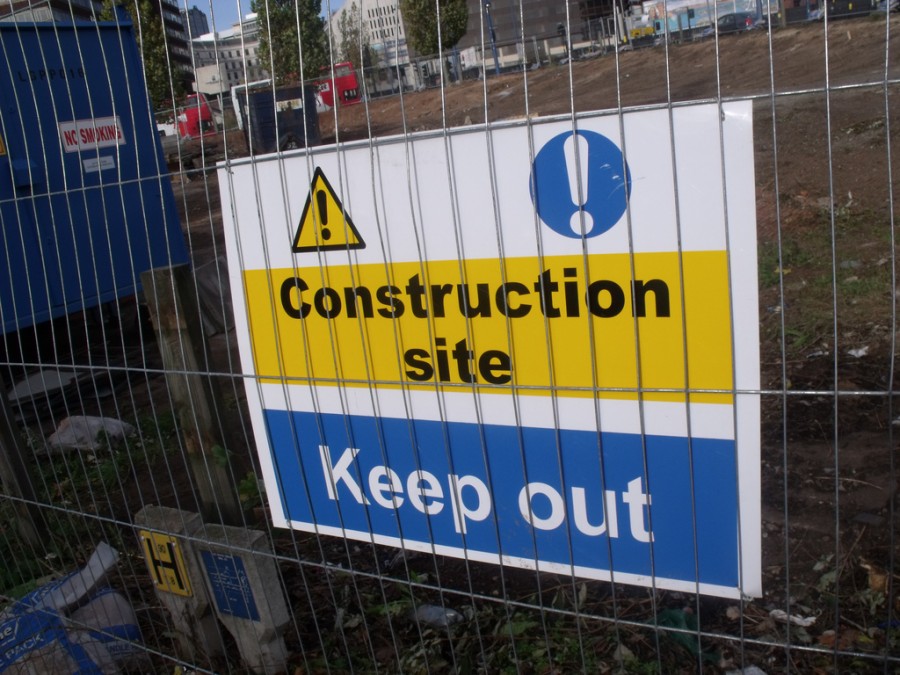The Construction Products
Association (CPA) has submitted its representation for the Autumn Budget 2023.
In the letterto the Chancellor of the Exchequer, CPA chief executive Peter Caplehorn
offers some possible measures with both construction and manufacturing in mind.
Approximately 75% of all
construction products used in the UK are manufactured here, reflecting an
industry that underpins nearly every construction project in the country, large
and small.
Construction product manufacturing
accounts for 10% of total UK manufacturing and a third of all UK construction
turnover – a £62 billion industry of 24,000 companies employing 383,000 people,
mainly across the Midlands and North.

In the letter, Mr Caplehorn focuses
on key areas the CPA believes the Government must prioritse now. These include:
- Housing: new build & repair,
maintenance and improvement
- Infrastructure delivery
- Investment, performance and UK competitiveness
He writes: “The Construction
Products Association urges Government to partner and collaborate with industry
on all these policy areas.
“Within the CPA’s membership is
vital expertise, available to Government, which will be vital to successful
delivery of key infrastructure projects, retrofitting and new housing.
“We also invite Government to speak
to the CPA to understand some of the key challenges manufacturers face on the
ground, whether it’s finding the right skills for the future or maintaining
their international competitiveness.
“A long-term commitment from
Government to its main policy priorities will provide our members with the
certainty to invest and support delivery. I hope that you will find these
proposals and potential solutions to be useful and would welcome the
opportunity to discuss these with you or your colleagues in further detail.”
The CPA forecasts that the
construction industry is expected to experience an acute recession this year
driven by double-digit falls in the two largest construction sectors: private
housing new build and private housing repair, maintenance, and improvement
(rm&i).
Private housing output is worth £41
billion per year to the UK economy and is forecast to be the worst-affected
construction sector in 2023.
Homeowners and renters alike will
know the problem of the UK’s leaky housing stock has been exacerbated by high
energy prices, leaving both private owners and social housing occupants facing
huge bills and cold homes. As the price shocks of last winter saw, inaction on
home efficiency can have huge implications for the public purse as well as for those
struggling with the cost of living. Policy makers will also know that the UK
will not reach its 2050 Net Zero promises without refurbishment of the existing
stock.
Aside from housing, the
infrastructure sector is often the twin driver of construction activity. Based
on the latest CPA forecasts, infrastructure output is expected to fall, albeit
by only 0.5% in 2023 and 0.1% in 2024. There remain serious questions over
whether we will see a major uplift to infrastructure output in the near term
given the recent government announcements of the pausing, delaying and
cancelling projects.
The UK should be viewed as an
attractive, competitive place to do business. Policies must offer our industry
a level playing field with international competitors to ensure investment and
meet the Government’s many policy ambitions.
.




















